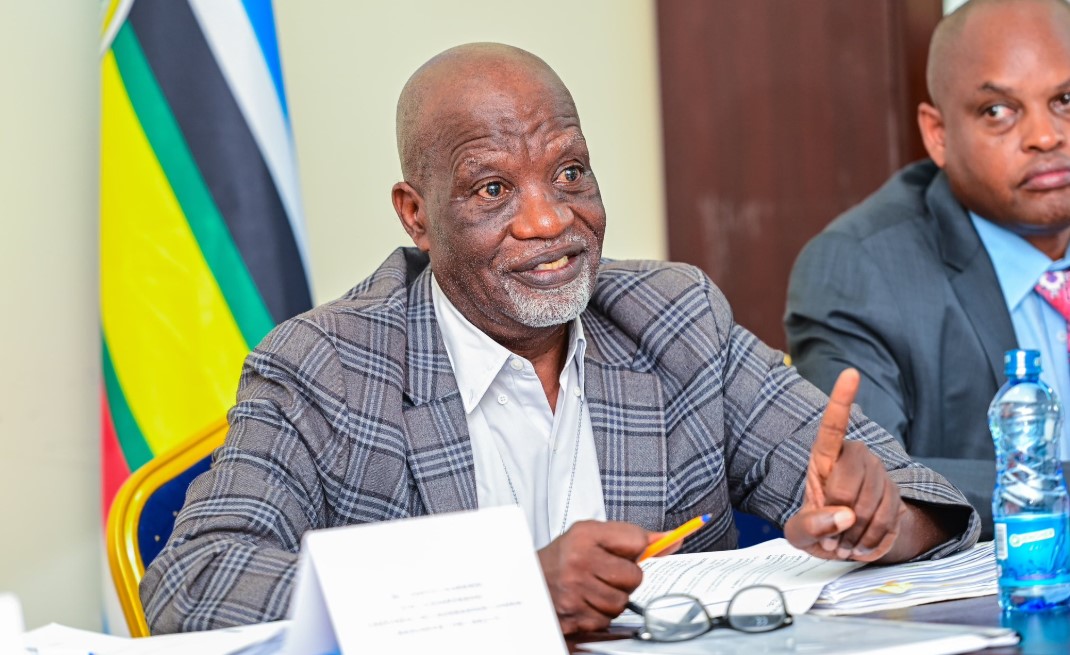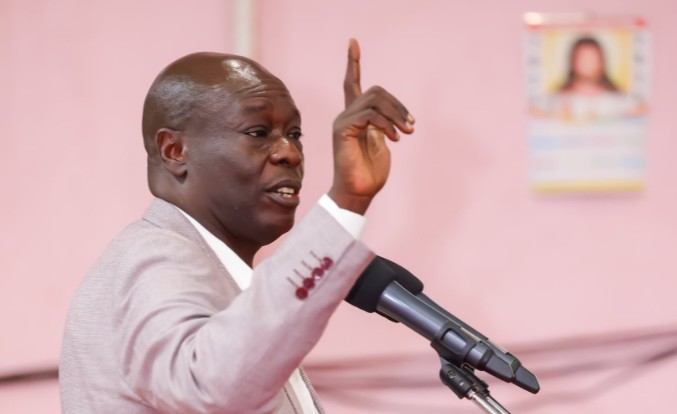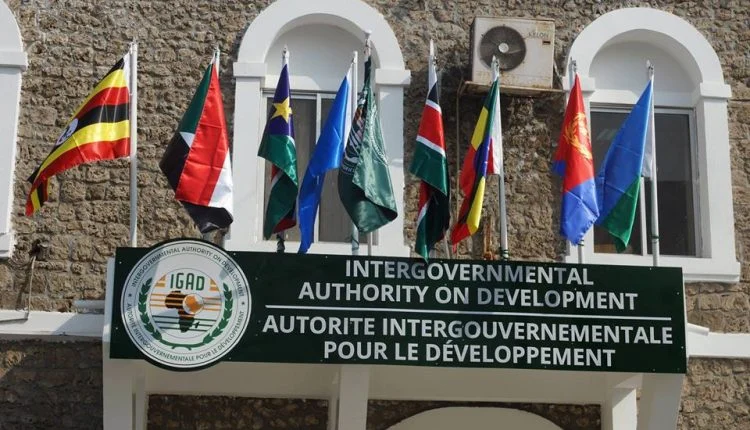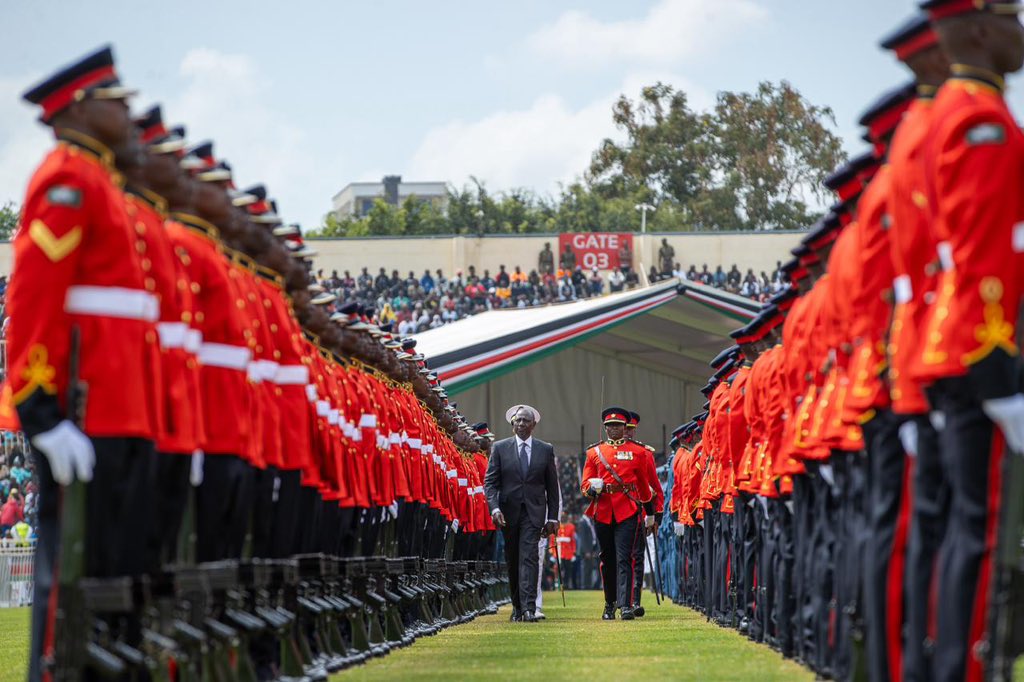Presidential task force uncovers problems causing ‘big mess’ in Kenya's health sector

A task force established to improve Kenya's health sector has revealed a major dysfunction within the Ministry of Health, citing confusion caused by conflicting laws, multiple regulatory bodies, and a lack of proper data.
The Presidential Task Force on Human Resources for Health, chaired by Prof Khama Rogo, presented its findings to the National Assembly's Committee on Health last week, warning that these issues have created a "big mess" within the ministry.
More To Read
- Gaza faces humanitarian disaster with thousands trapped in flooded camps
- Third Kilifi health forum opens with urgent calls for financing, digital solutions
- England confirms new mpox strain: What you need to know
- Kenya urges stronger regional cooperation as transport corridors fuel disease risks across East Africa
- How Trump–Ruto health deal fills the void left after USAID exit
- Kenya, US sign Sh208 billion health cooperation deal to transform to strengthen primary care, services
Rogo told the committee, chaired by Endebess MP Robert Pukose, that the ministry's structure is ineffective, with overlapping policies and regulations that have resulted in 43 healthcare staff cadres.
"We have looked at the Health Ministry organogram and sat with the Public Service Commission and found that it is not a progressive structure. You cannot tell who is answerable to whom," he said.
Rogo further pointed out that the technical and administrative sections of the ministry are not working together, which has created internal conflicts.
Communication breakdown
He likened the lack of communication between the ministry's two principal secretaries for Medical Services and Public Health to a hostile relationship.
"The numerous cadres are fighting each other. We have a situation where the national government and county governments don't talk to each other. This cannot be allowed to go on," Rogo said, emphasising that there is a need to consolidate the conflicting policy documents at both the national and county levels.
The task force was created by President William Ruto to provide strategic direction on optimising healthcare personnel management, planning, and deployment across Kenya.
It is also tasked with addressing the legal, policy, and operational challenges that hinder the effective functioning of the health sector.
One of the key issues highlighted by the task force is the ongoing conflict between regulatory bodies such as the Ministry of Health and the Commission for University Education (CUE), which have been involved in legal disputes over the training of healthcare staff.
"The Ministry of Health does not know who is being trained by CUE, which is under the Ministry of Education. The Ministry of Education is graduating nurses and doctors, and the Ministry of Health does not know who is graduating," Rogo explained.
Medical students
Further complicating matters, Kenyatta National Hospital has 1,000 medical students who are funded by county governments, but the hospital cannot account for them.
Some of these students have been training for up to ten years, while others leave after just four years, according to Rogo.
Other Topics To Read
- Health
- Ministry of Health
- Public Health
- health task force
- Medical Services
- Kenya's health sector
- Presidential Task Force on Human Resources for Health
- National Assembly's Committee on Health
- Prof Khama Rogo
- Presidential task force uncovers problems causing ‘big mess’ in Kenya's health sector
- Headlines
The task force also pointed to the decline in the standard of training at institutions like the Kenya Medical Training College (KMTC), where the influx of new training facilities, driven by demand from MPs, has outpaced the availability of qualified trainers.
"The quality of training at the KMTCs is a joke. MPs are demanding colleges, but there are no trainers," Rogo said.
He added that some healthcare cadres are being trained in programmes that are not even recognised in Kenya.
Data management has also been a critical issue.
Rogo told MPs that there is no centralised health data repository in the country, with some crucial health data being held by donors, which raises concerns about data security.
"The Ministry of Health has failed to focus on institutions such as the Kenya Medical Supplies Agency (Kemsa) and Kenya Medical Research Institute (Kemri) that can generate enough resources to run its affairs," he stated.
In addition to structural issues, the task force also raised concerns about the lack of transparency in collective bargaining agreements (CBAs) for healthcare workers.
"To this day, we do not know who owns the CBAs," Rogo said.
He called for clarity on who is responsible for negotiating and making decisions related to the healthcare sector.
MP Pukose assured that the committee would work with the task force to address these issues and help enact necessary laws to streamline the health sector.
Top Stories Today












































